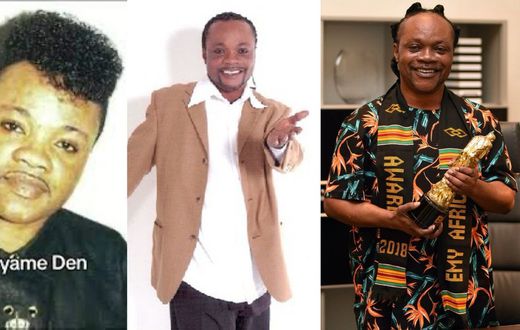Charles Kwadwo Fosu, the Ghanaian highlife legend known to fans as Daddy Lumba, died on Saturday morning, July 26, 2025, after a sudden illness. He was 60. News of his death, announced in Accra, plunged the nation into mourning, as radios fell silent, television hosts adopted hushed tones, and social media feeds turned black and white.
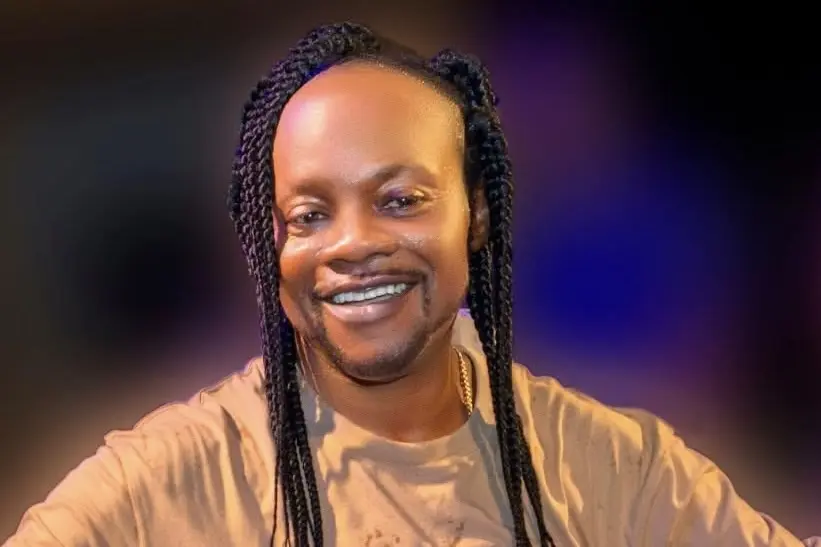
The news spread swiftly, the announcement shocked a nation where his voice had been a constant presence for nearly five decades.
Almost instantly, tributes poured in from across the country and abroad, from world leaders and musicians, from market women in Kumasi to Ghanaian diaspora communities in New York and London. In homes, trotro buses, and street corners, his songs, Ankwanoma, Obi Ate Me So Boa, Yɛn Tie Obiaa, played on repeat, transforming mourning into a collective chorus of remembrance.
A Voice That Shaped Generations
Few artists become inseparable from a nation’s identity. For Ghanaians, Daddy Lumba was such a figure. Rising to prominence in the late 1980s, he redefined highlife music by infusing it with modern hiplife rhythms, creating a sound that resonated across generations.
With 33 albums and over 200 songs, his music became a living archive of Ghanaian life, chronicling joy, heartbreak, hunger, healing, and hope.
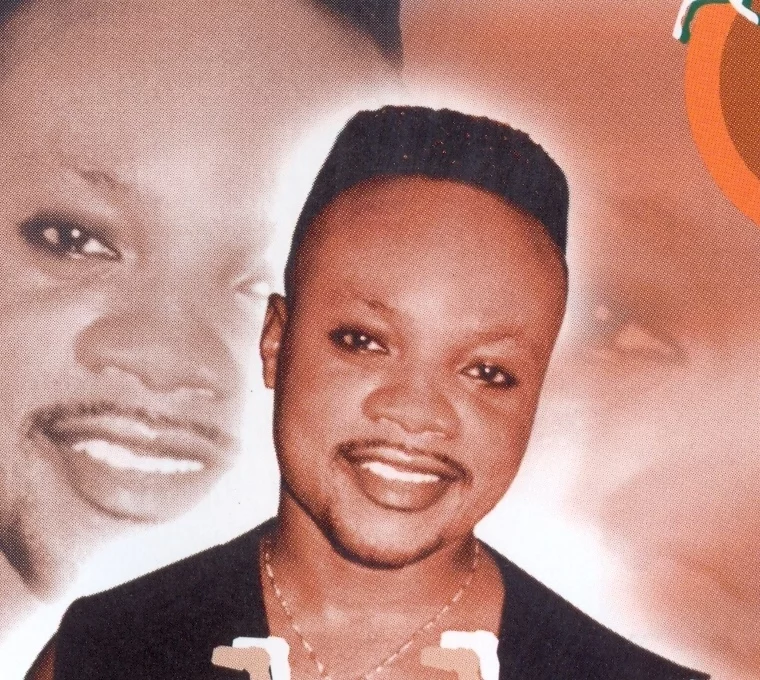
He won 10 local awards and, in 2020, was named Icon of Entertainment at the EMY Awards.
In March 2025, his influence even stretched to Buckingham Palace, when King Charles III listed Mpempem Do Me among his favorite songs in a Commonwealth Day tribute.
But beyond charts and accolades, his music lived in the hearts of everyday people.
Beyond the Stage: DL FM and the Power of Storytelling
In 2022, Daddy Lumba took a bold step beyond performing. He launched DL FM, a radio station dedicated to Ghanaian storytelling, music, and culture.
“We don’t just need music,” he once said in an interview. “We need meaning.”
DL FM became an extension of his philosophy, a platform where the voices of Ghanaians, from the farmer in the north to the fisherman on the coast, could be amplified. The station championed authenticity and gave space to stories that reflected the national soul.
Read Also: Freedom of Speech or Freedom to Damage? Ghana Confronts New Tests of Democracy
Music in Ghana has always been political, and Daddy Lumba mastered this terrain.
His songs became anthems of the New Patriotic Party (NPP), energizing rallies and embedding themselves in electoral history.
From Nana Yɛ Winner in 2008 to Four More for Nana in 2020, his compositions became synonymous with the party’s political journey.
Former President Nana Addo Dankwa Akufo-Addo acknowledged this influence in a statement: “Daddy Lumba’s music shaped my presidential campaign and inspired millions of supporters.
He was more than an artist; he was a force.”
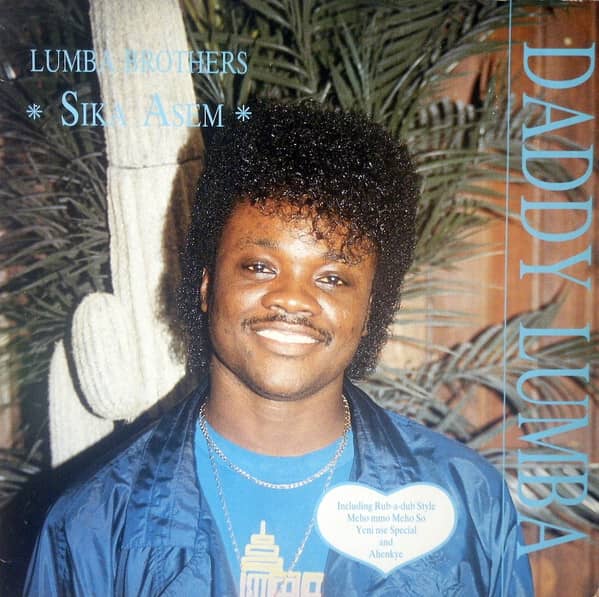
Yet Lumba’s music was never confined to politics. Even as he lent his voice to partisan causes, his broader catalog united Ghanaians across divides.
His songs were played in both NPP and NDC households, and in mosques as well as churches, becoming part of the shared soundtrack of national life.
A Cultural Phenomenon
To understand Daddy Lumba’s significance, one must step into the places where his music lived.
In a trotro weaving through Accra’s rush hour, his songs spill from the speakers, passengers singing along in unison.
At a wedding in Kumasi, his lyrics provide the rhythm for the first dance. In villages, his songs echo at funerals, offering comfort in grief.
“His voice was not just sound. It was memory. When you heard Lumba, you remembered who you were, where you were, and who you loved, ” said Barrister Daniels of ATLFM
For many Ghanaians abroad, Lumba’s songs were a lifeline. In diaspora communities from the Bronx to Brixton, his music became the bridge between homeland and exile.
Did Ghana Celebrate Him Enough?
Even as tributes flood in, some Ghanaians are asking difficult questions: Did the nation celebrate Daddy Lumba enough while he was alive?
Government officials have suggested a state burial, an honour reserved for figures of national importance. Yet many argue that such gestures, though symbolic, come too late.
Barrister Daniels asked, “Why do we wait for our icons to die before we honour them? “Lumba deserved to feel this love in life, not just in death.”
A Legacy That Lives On
Though his passing has left a void, his legacy is secure. Young Ghanaian artists cite him as a foundational influence, and his songs continue to dominate playlists across generations.
He taught Ghanaians to love their language, their rhythms, and their stories. He reminded them that art is not separate from daily life, it is the heartbeat of the people.
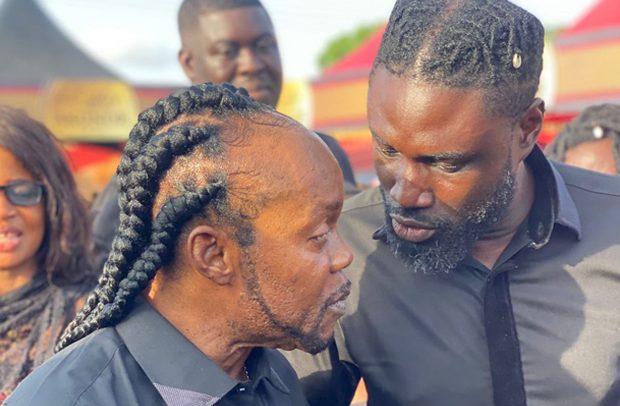
As fans gather at candlelight vigils in Accra and Kumasi, and as radio stations dedicate round-the-clock tributes, one thing is clear: Daddy Lumba may be gone, but his voice, and the emotions it carried, will never fade.
Farewell, DL
For nearly 50 years, Charles Kwadwo Fosu was more than a musician. He was a mirror, a teacher, a storyteller, and a national treasure. His melodies carried a nation through joy and sorrow, victory and defeat.
As Ghana prepares to bid him farewell, his music plays on, a reminder that while the man is gone, the memory remains, eternal and unbroken.
Farewell, Daddy Lumba. Your song is now part of us forever.
Writer: Madeleine Yamoah-Asante, MPhil Student at the Department of Communication Studies, UCC















